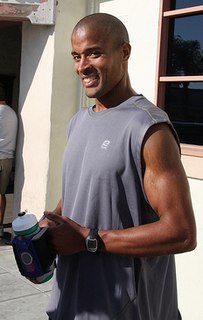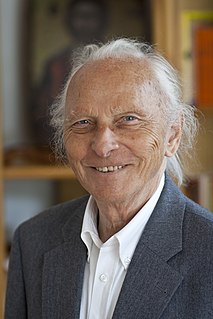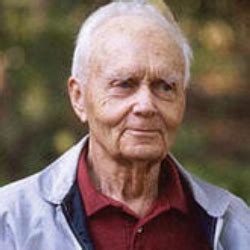A Quote by Fyodor Dostoevsky
Related Quotes
A perfect life is a contradiction in terms. Life itself is a state of continuous struggle between ourselves and everything outside. Every moment we are fighting actually with external nature, and if we are defeated, our life has to go. It is, for instance, a continuous struggle for food and air. If food or air fails, we die. Life is not a simple and smoothly flowing thing, but it is a compound effect. This complex struggle between something inside and the external world is what we call life. So it is clear that when this struggle ceases, there will be an end of life.
Brother, I’m not depressed and haven’t lost spirit. Life everywhere is life, life is in ourselves and not in the external. There will be people near me, and to be a human being among human beings, and remain one forever, no matter what misfortunes befall, not to become depressed, and not to falter – this is what life is, herein lies its task.
One of the great tragedies of life, it seems to me, is when a person classifies himself as someone who has no talents or gifts. When, in disgust or discouragement, we allow ourselves to reach depressive levels of despair because of our demeaning self-appraisal, it is a sad day for us and a sad day in the eyes of God. For us to conclude that we have no gifts when we judge ourselves by stature, intelligence, grade-point average, wealth, power, position, or external appearance is not only unfair but unreasonable.
His true Being comes to light and even penetrates his clothing. We should not limit ourselves to Jesus. We have to recognize ourselves, our own true form... Life would be so simple if we could always see what we are; if we could recognize what our neighbors are. If we could see the beams of light that pass through their clothing; if we could not only see their external form, but also experience their true being.
All children want to do is play in worlds they create and project on their external world. If allowed to do that, they are constantly building new neural structures for creating internal worlds and projecting them on their external world. And they build up an enormous self-esteem and feeling of power over the external world through their own capacities.





































